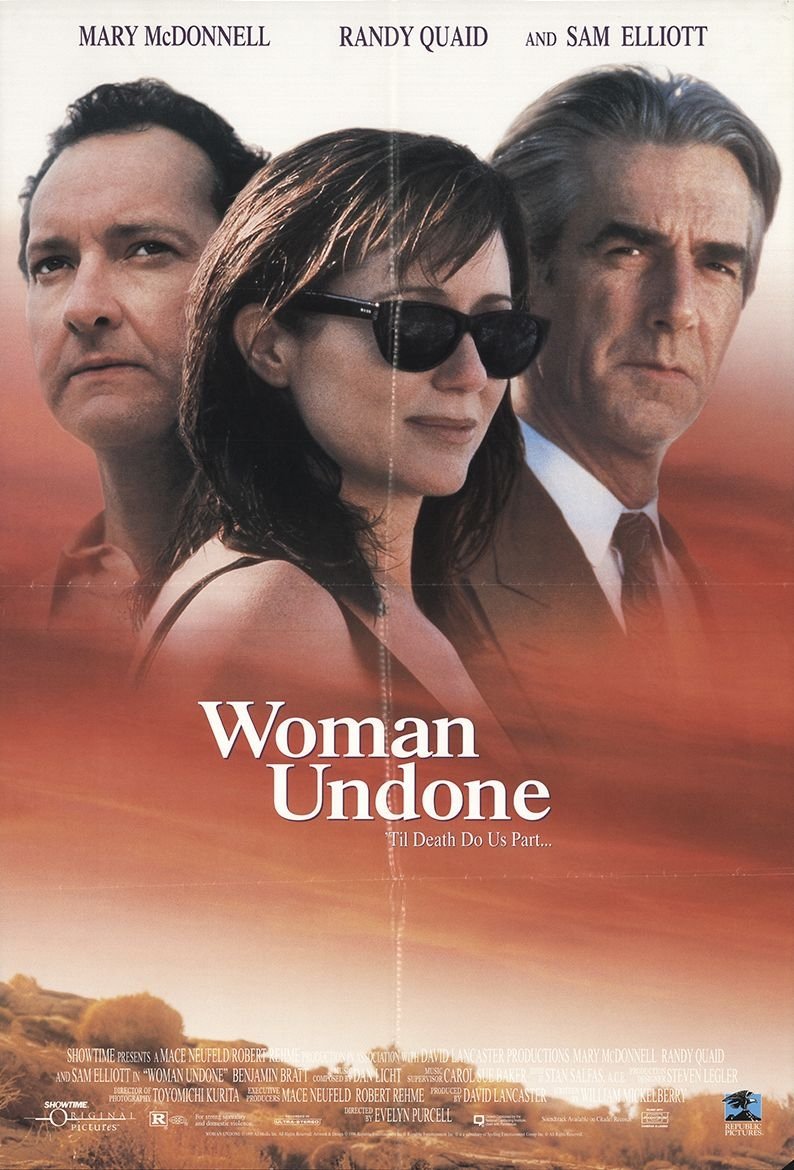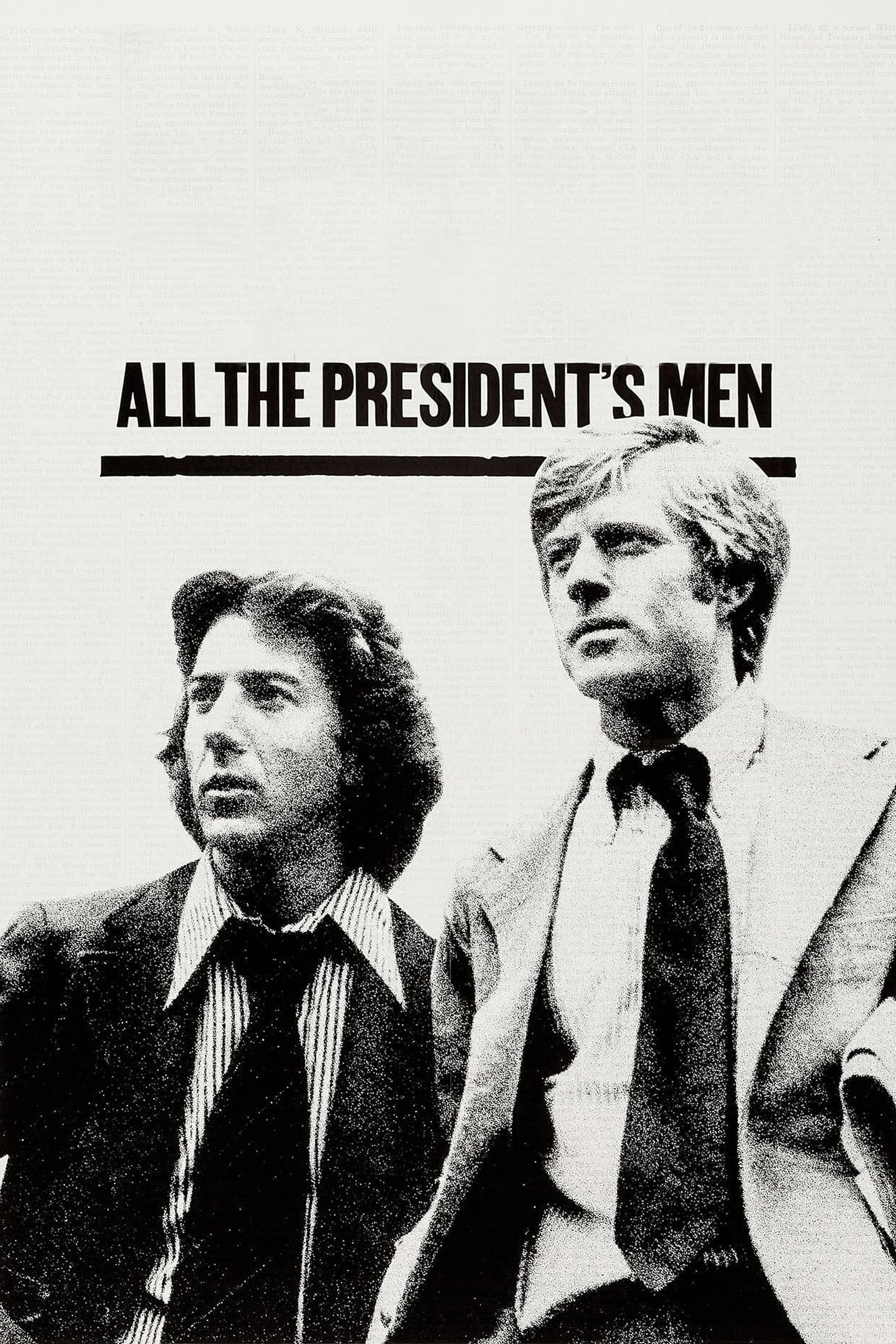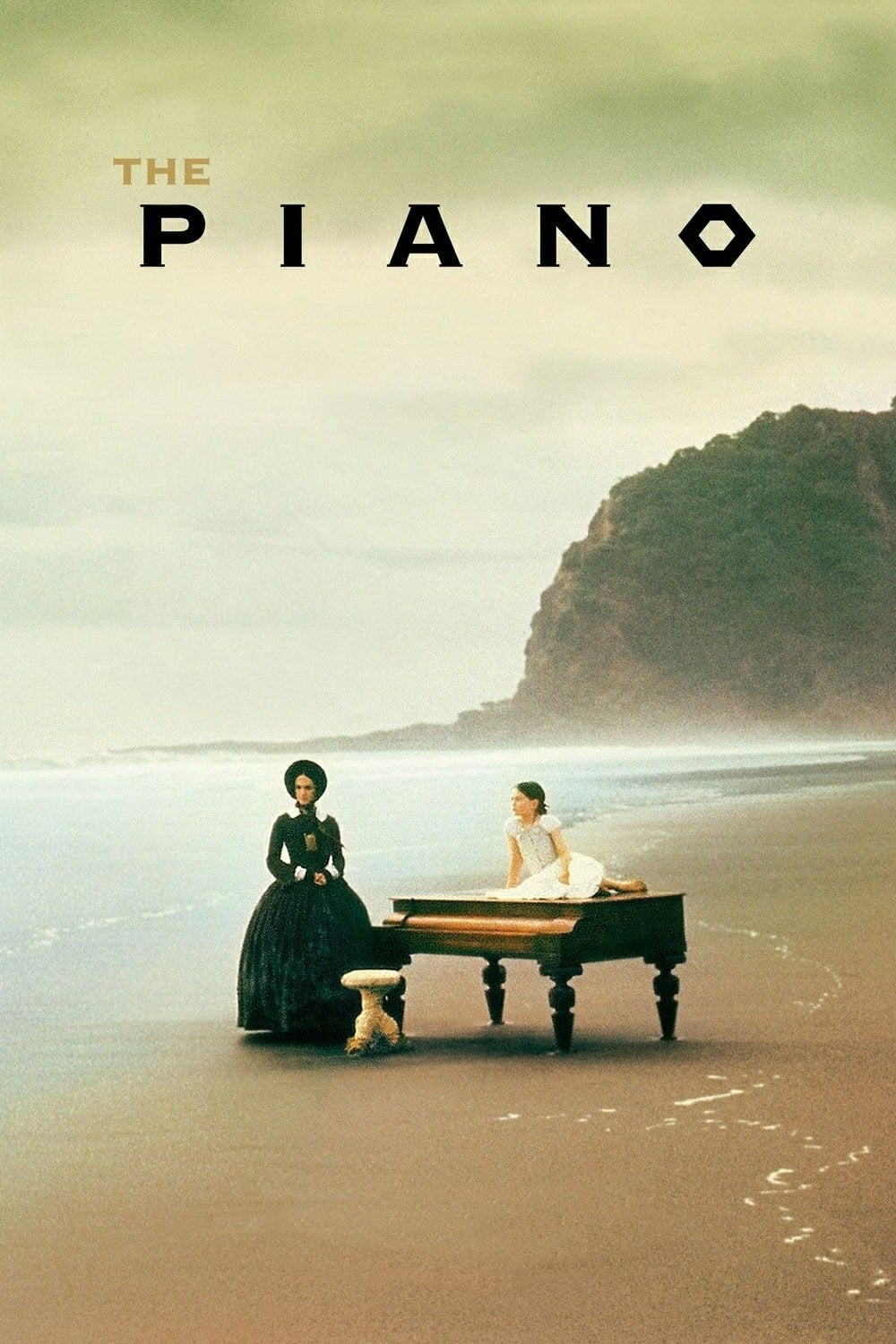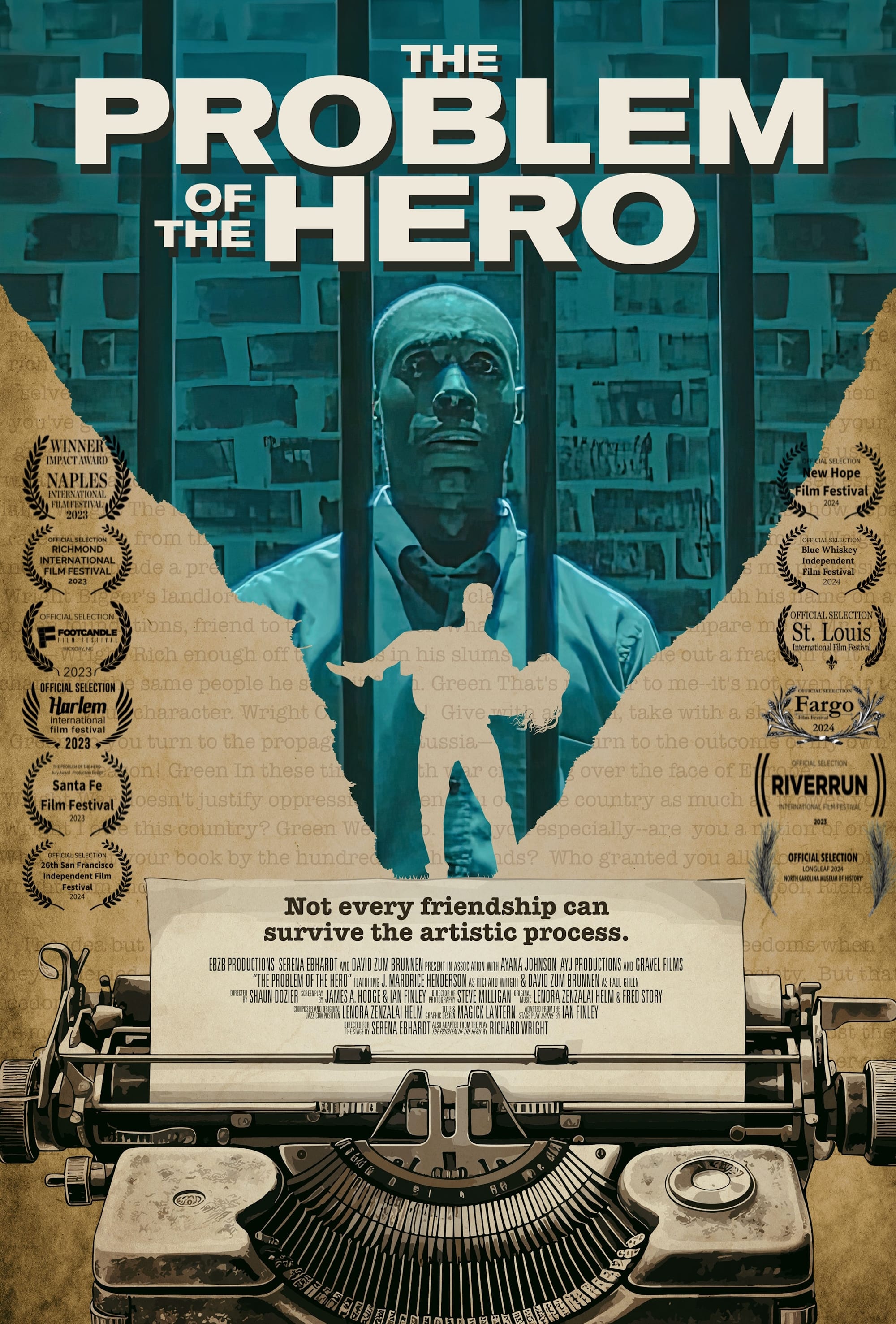Status
Released
original language
English
Budget
$ 0
Revenue
$ 0
Top Billed Cast

Sydney Sweeney
Reality Winner

Josh Hamilton
Agent Garrick

Marchánt Davis
Agent Taylor

Benny Elledge
Joe (Unknown Male)

John Way
FBI Agent

Reality Winner
Self (archive footage)

Tucker Carlson
Self (archive footage)
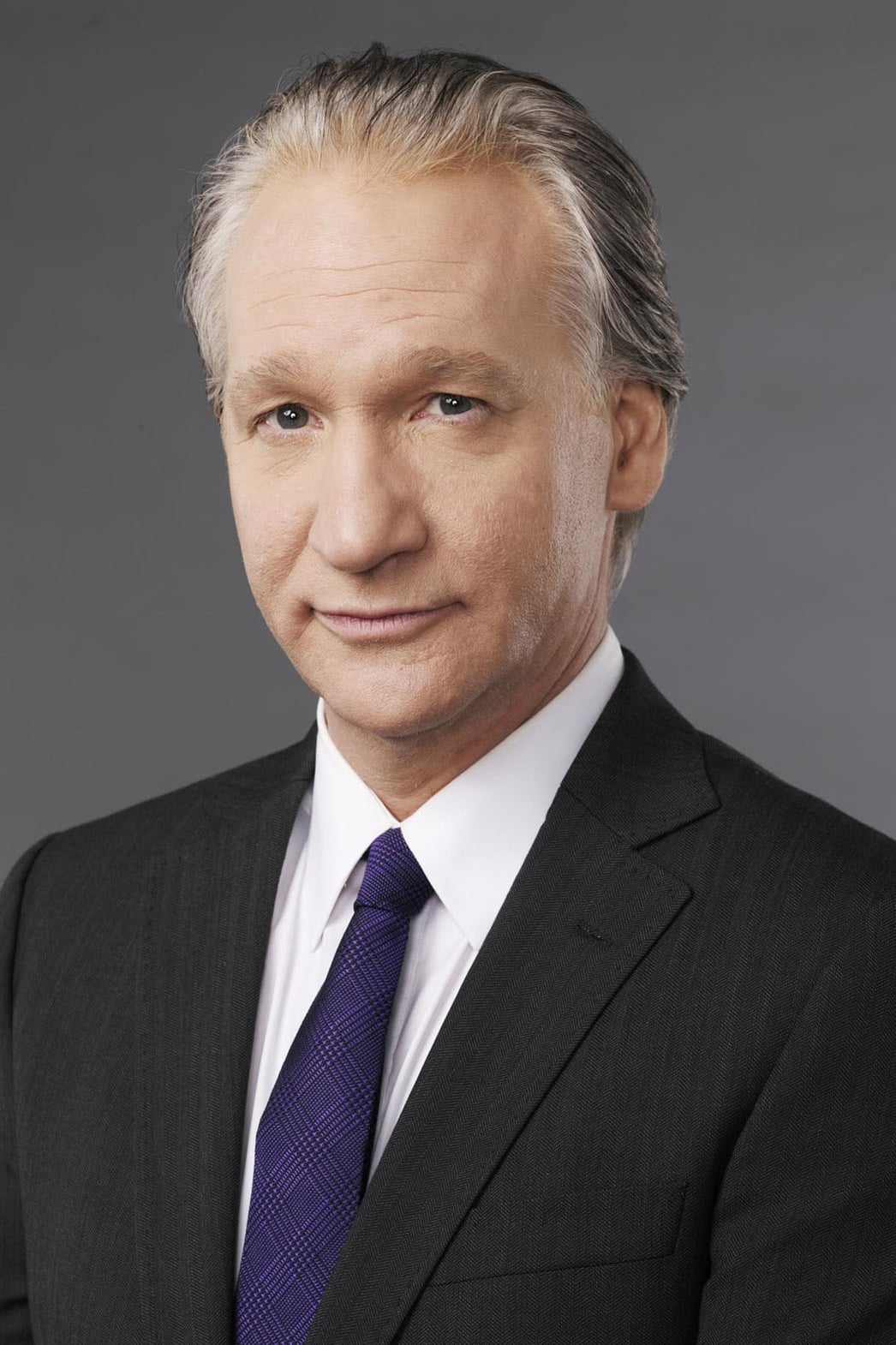
Bill Maher
Self (archive footage)

Krystal Ball
Self (archive footage)

Juan Williams
Self (archive footage)

David Corn
Self (archive footage)

James Comey
Self (archive footage)
Movie Reviews

A review by Geronimo1967
Written by Geronimo1967 on 2023-06-14
I didn't know anything about this case before I saw the film, so when I saw "Reality Winner" and FBI - well, I was expecting a sort of "Slumdog Millionaire" type scenario. Nope, nothing like. That is the real name of a woman (Sydney Sweeney) who worked for the American government translating Iranian documents. She arrives home one day to find "Garrick" (Josh Hamilton) and "Taylor" (Marchánt Davis) parked on her lawn with a warrant to search her, her home, her car... She's bemused and a bit nonplussed, especially as her visitors seem way more concerned about the wellbeing of her cat and her dog! Anyway, into the house they eventually go and the interrogation begins. For a while, there is quite an effective intensity to that process and using, as it does, the original transcript of the interview as it happened, it delivers an authentic looking presentation of just how effective these agents can be. It's history, so there's no jeopardy - and I think Sweeney turns in quite a strong performance as the plot thickens but it all takes far too long to get going and the production is all just a bit too staccato. The thread does go some way to revealing the intimidatory powers of Uncle Sam when he feels aggrieved and that makes for uncomfortable watching at times. It isn't an especially memorable drama, and it doesn't need a cinema - but it will be fine to watch on the television whilst posing a few questions about what is or is not in the "public interest".
A review by chandlerdanier
Written by chandlerdanier on 2024-02-08
I may have a weakness for short movies but this is a short movie and super interesting. I like the way it is shot except for when they stop redacting The Intercept and it looks all crazy. Kinda makes that part seem fake. I definitely never want to be interviewed by the FBI and certainly will look differently at people wearing tactical belts. I thought they were dads on vacation but it turns out they're all cops. Every one is so nice but scary all at the same time.

A review by carvvan
Written by carvvan on 2025-03-28
**Why Are "Glitches" Essential in the World of "Truths" and "Interpretations"?** > By Carwan Dourandich Originally published in Etemaad Newspaper, Issue 5591 Reality, written and directed by Tina Satter, is an American mystery-thriller film that premiered at the 73rd Berlin International Film Festival, where it was nominated for Best Film and Best Director. The central theme of Reality revolves around the concept of a "glitch in the system." The director skillfully employs visual effects - more precisely, "glitches" - to challenge the notion of a "perfect" system or, in this case, to question the truthfulness of the film's narrative itself. Satter deliberately censors essential information from the documents and dialogues in the film, forcing the audience to engage with the narrative, seeking to uncover the truth. These distortions - or "crashes" - are not accidental; rather, they are precisely timed and intentional disruptions that add layers of complexity to the storytelling. The presence of these visual crashes or glitches inherently directs the audience's mind toward digital errors and viruses - entities capable of infiltrating enemy systems, accessing classified data, and exploiting it for their own advantage. Within the film's framework, noise functions as a rupture between the filmmaker's simulated narrative and the real story. The film reveals how a minor "noise" within the U. S. security system - Reality Winner - has caused a massive disruption, leading to unexpected events and unintended consequences within a seemingly "perfect, flawless, uninterrupted, and well-orchestrated" system. This small noise was so catastrophic for the government that it fostered the perception that the system was fundamentally dysfunctional. At the same time, the filmmaker subtly suggests that the successful transmission of information or truth necessitates noise - figures like Reality Winner. In other words, without noise, no precise information can exist. To the public, the system's functionality appears as a "mystery," but interference from noise unravels this enigma. In this scenario, The Intercept news agency plays the role of a mediator for the noise - acting as a noise itself within the United States. However, unlike Reality Winner, this news outlet, leveraging its media influence, is capable of shifting an object away from its conventional and seamless discourse, stripping meanings from established concepts and words, and generating new interpretations. When, in certain parts of the film, Reality Winner - or at other times, the police officers - briefly but unnaturally disappear through a visual glitch, the audience is momentarily thrust into a void of meaning. These empty, incomprehensible spaces may signify the characters' or the narrative's loss of control, thereby challenging the viewers' assumptions about hypothetical narratives. Through these distorted visuals and manipulated narratives, the audience is propelled into the precarious realm of "truth" and "interpretation." For me, Reality is a film about noise - noise that both exposes the gaps between the system's function and its malfunctions and, paradoxically, acts as a bridge to fill those gaps.



